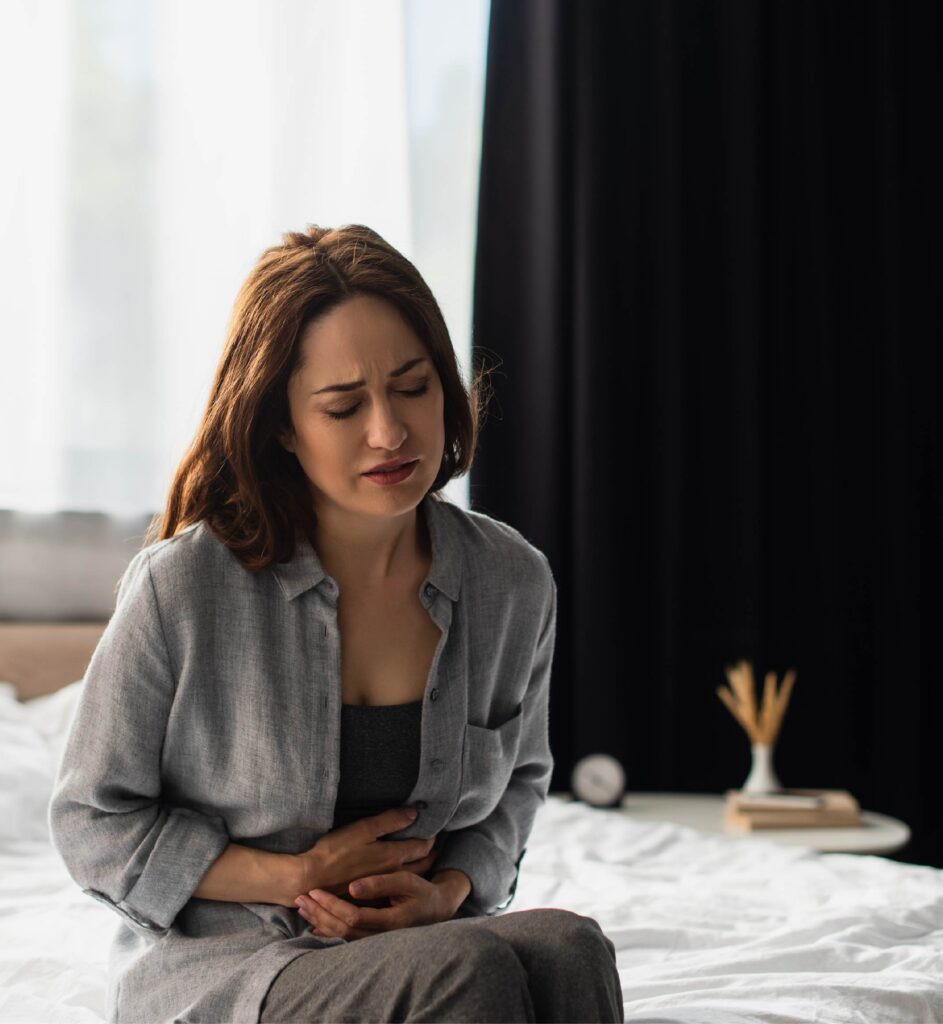Free shipping on all orders over $50 | Subscribe & save 15%
Free shipping on all orders over $50 | Subscribe & save 15%

Interstitial Cystitis (IC) is a chronic condition that brings with it unique challenges, particularly during a flare. IC flares can be intense and unsettling, leaving those affected seeking ways to alleviate the discomfort. In this blog, we’ll delve into what an IC flare feels like. We’ll also explore potential triggers and offer practical tips to help find comfort.
An IC flare refers to a sudden, intense worsening of symptoms. During a flare, you may experience increased urinary urgency and frequency, and pressure or pain in the pelvic area.
The severity and duration of a flare can vary widely from person to person. Triggers can be diverse, ranging from certain foods and beverages to stress or hormonal changes. For more information on IC flare triggers, see our article: IC Flares: How to Recognize Triggers and Cope.
An IC flare will feel different for every person. Length and intensity of the flare will also vary. Many people report a sharp, burning feeling in their pelvic region. However, it’s important to recognize when there’s a surge in the symptoms specific to your IC.
IC flare symptoms that may worsen include:
Although the exact cause of IC is unknown, several factors may trigger or worsen flares. By identifying and reducing your exposure to triggers, you can better manage your symptoms and reduce the frequency and severity of flares.
It may take some time and a little trial and error to determine which triggers affect you personally. However, with patience and persistence, it is possible to find a balance.
Here are a few potential IC flare triggers:
Make a habit of recording your triggers. The list above is a great starting point to help identify which lifestyle or dietary factors could be impacting you. Take notice of any other behaviors that are causing a flare.

When a flare occurs, you should have an action plan in place. IC can sometimes make you feel helpless, but that’s the farthest thing from the truth. By staying a step ahead of your symptoms, you’re empowering yourself to take back control and improve your quality of life.
Here are a few good ones:
Additionally, you should consult your doctors on the best treatment options for you. It’s best to tailor your approach to your symptoms and discover what works for you.

While IC flares can be challenging, you can take control by understanding your personal triggers. Have effective coping strategies in place, so you know what to do when you have a flare.
Believe it or not, it’s possible to navigate flares with greater ease and find relief. Remember, you’re not alone in this journey. Seeking support from healthcare professionals and support groups can provide invaluable guidance and encouragement.
With patience, self-compassion, and a proactive approach to self-care, you can regain a sense of control over your health. For more informative blogs, resources, and support, subscribe to our newsletter and stay up to date on the latest.
We promise we won’t spam you! Just a monthly recap of our favorite wellness tips, updates and more.